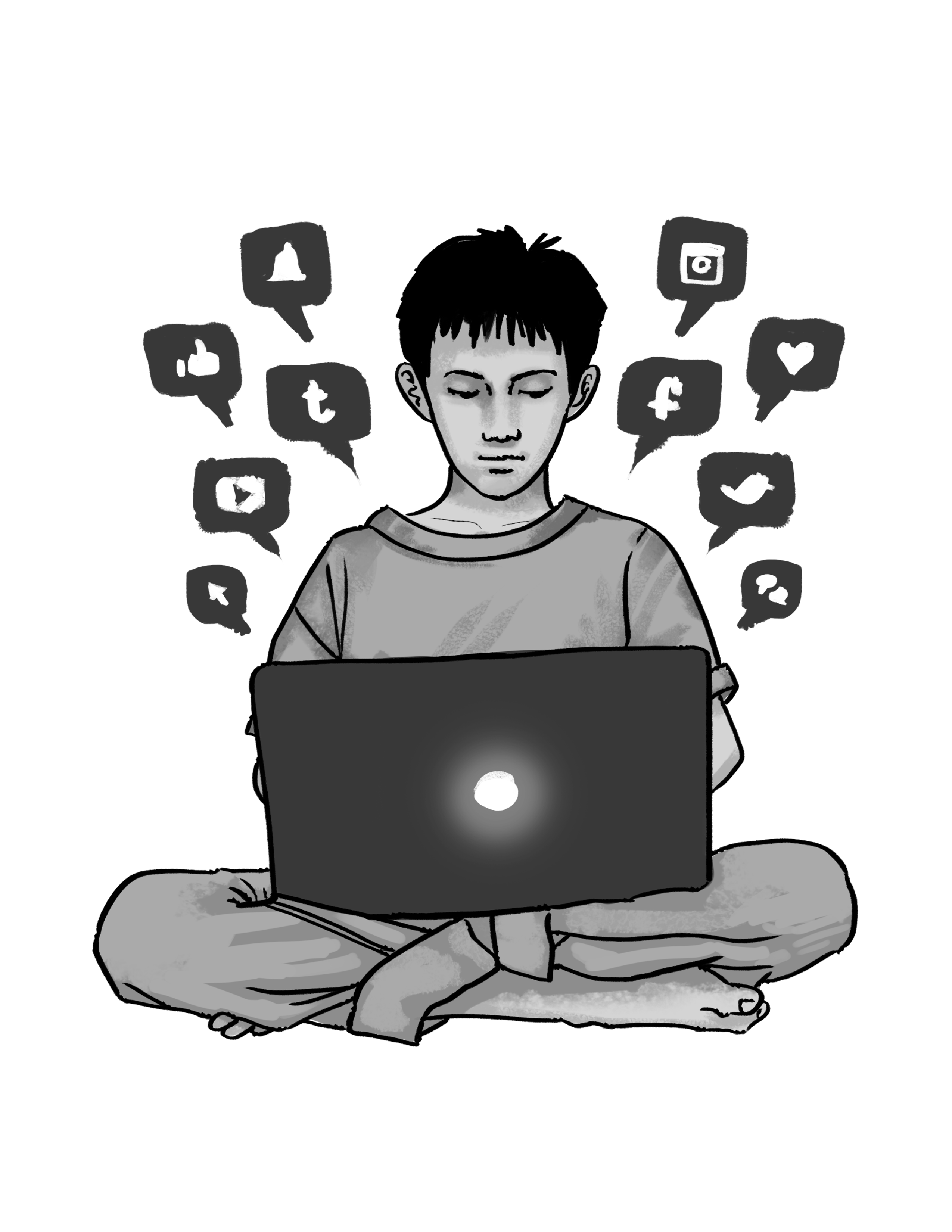STUDENTS must take advantage new technologies and seek the important skill of “learning how to learn,” a researcher from a Philippine government think tank said.
The Fourth Industrial Revolution, an extension of Third Industrial Revolution’s computerization and automation, refers to the expanding changes on people’s way of living due to the use of fused technologies such as robots and artificial intelligence.
It is an era which many countries—including the Philippines—now face.
Jose Ramon Albert, senior research fellow of the Philippine Institute for Development Studies, highlighted the educational benefits students may get from the technologies in this industrial revolution.
“You (students) must use technology as leverage to improve productivity, eventually when you get jobs, and develop skills,” he said during the Thomasian scholars’ forum on Fourth Industrial Revolution at the UST Central Laboratory last April 28.
Using social media as an example, Albert pointed out that youth nowadays use technologies for “image-building.”
“Among the youth is just using the technology […] to show that ‘Ah, I’m in.’ It seems that it’s just [for] image,” he said.
“As students, you also have to realize that you cannot learn everything inside the classroom. Don’t always expect that your teachers will teach you everything.”
Albert cited enrolling to massive open online courses (MOOCs), web-based distance learning programs available for anyone, as an example of a technological approach to learn certain skills.
Introduced in 2006, MOOCs feature readings, filmed lectures, problem sets, quizzes, assignments and interactive subjects that allow its students and teachers to interact with each other.
Among the areas of study offered by MOOCS are programming, business, management, communication, life sciences and engineering.
Asst. Prof. April Joy Gascon, an e-learning specialist in the University, agreed with Albert in stressing on how technologies in the Fourth Industrial Revolution empower students’ learning.
Gascon, the team leader of e-learning management of UST Educational Technology Center (Edtech), noted that students in the Fourth Industrial Revolution are now able to study anytime.
In the previous industrial era, where there were no smartphones and laptops yet, students had limited time and place for studying, she explained.
“Study time, for you, is all the time,” she said. “When you wake up, […] the first thing that you do is to check the cellphone if may messages ba, notifications b[a]. [You] learn all the time.”
Gascon said this major change in students’ learning pose a challenge on teacher’s pedagogical approach, including the professors and instructors’ in UST.
“What is important right now is deep learning, where students can create and use new knowledge in the new world. The University has established [Edtech] so that we can enhance the technological knowledge of teachers,” Gascon said.
“We have to make the teachers experience how it is to learn in a digital world. They learn how to use augmented realities [and] how to do problem solving,” she added.
Boon and bane
Albert and Gascon also clarified that technologies in the Fourth Industrial Revolution bring not only educational aids, but also threats.
“While Fourth Industrial Revolution continues to bring a lot of good in the future, these technologies may also cause a lot of disruptions that carry some risks to our current ways of living,” Albert said.
“These [technologies] can bring a lot of uncertainties and risks in their use[s]. You can imagine that you can weaponize even technology. Even social media is being weaponized to spread false news,” he added.
Gascon explained that technologies nowadays also affect the attention span of the students, which is now comparable to goldfish that has nine-second attention span.
Albert urged students to be part of the nation’s discussion on industrial revolutions and its possible disruption in people’s way of living.
“We do not have a crystal ball that will definitely tell us how fast and to what extent robots and artificial intelligence might replace humans but we should have a call of nation’s understanding of what is to come, and action and agenda to prove our readiness for the future toda[y],” he said. Elmer B. Coldora














